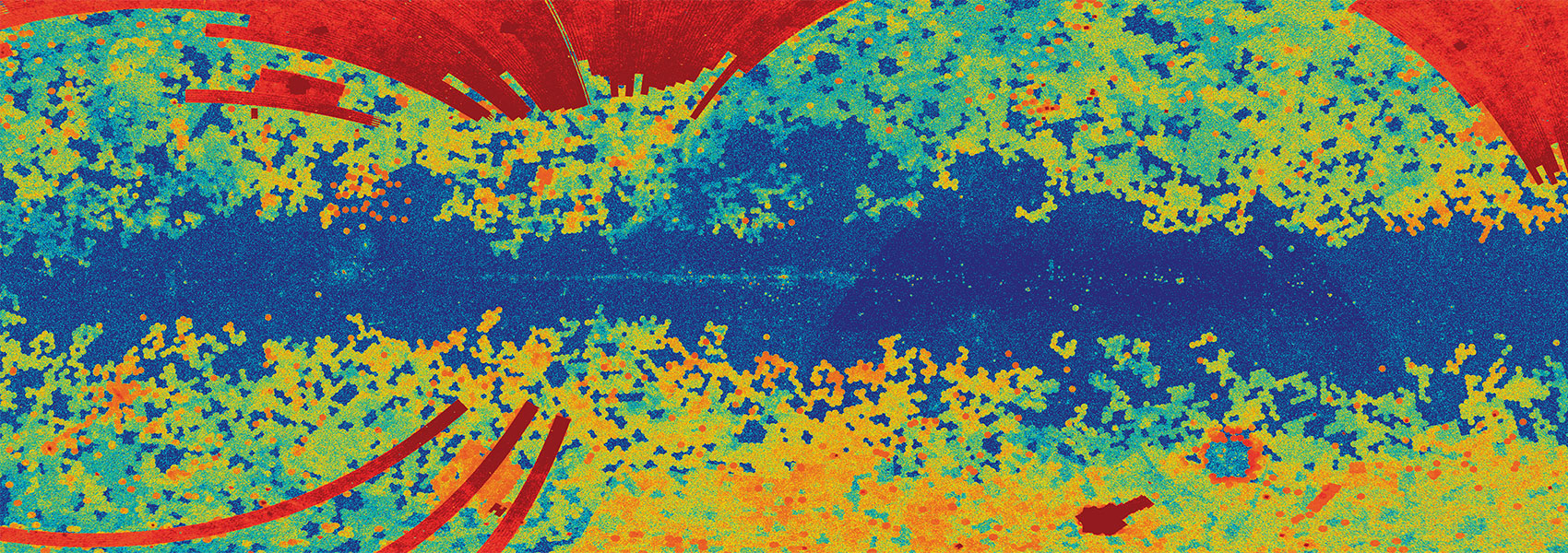
Johanna Teske (Carnegie Observatories)
Exoplanet Genetics: What Host Star Chemical Abundances Reveal about Exoplanets // Through the process of star and planet formation, we think that the chemical abundances, or ``genes’’, of host stars are passed on to their orbiting planets. One prominent example of this is the giant planet-metallicity (iron abundance) correlation, but could other stellar ``genes’’ help explain the growing menagerie of exoplanets? Particularly interesting is the relative importance of C, O, Mg, and Si – for instance, are giant planet cores dominated by ice-forming or rock-forming elements? The ratios of these elements in terrestrial planets also control their interior structure and mineralogy, and can thus affect habitability. I will present results of ongoing spectroscopic studies of host stars to investigate how/to what extent planet composition is dependent on host star properties. I will highlight the importance of binary host stars in answering this question, new exoplanet detections from the Carnegie planet-finding collaboration, and the role that upcoming facilities can play in understanding the diversity of planets in the Galaxy.
- Date: 12:15 PM, February 1st, 2017
- Location: MR LCR
- Category: Science Talk


